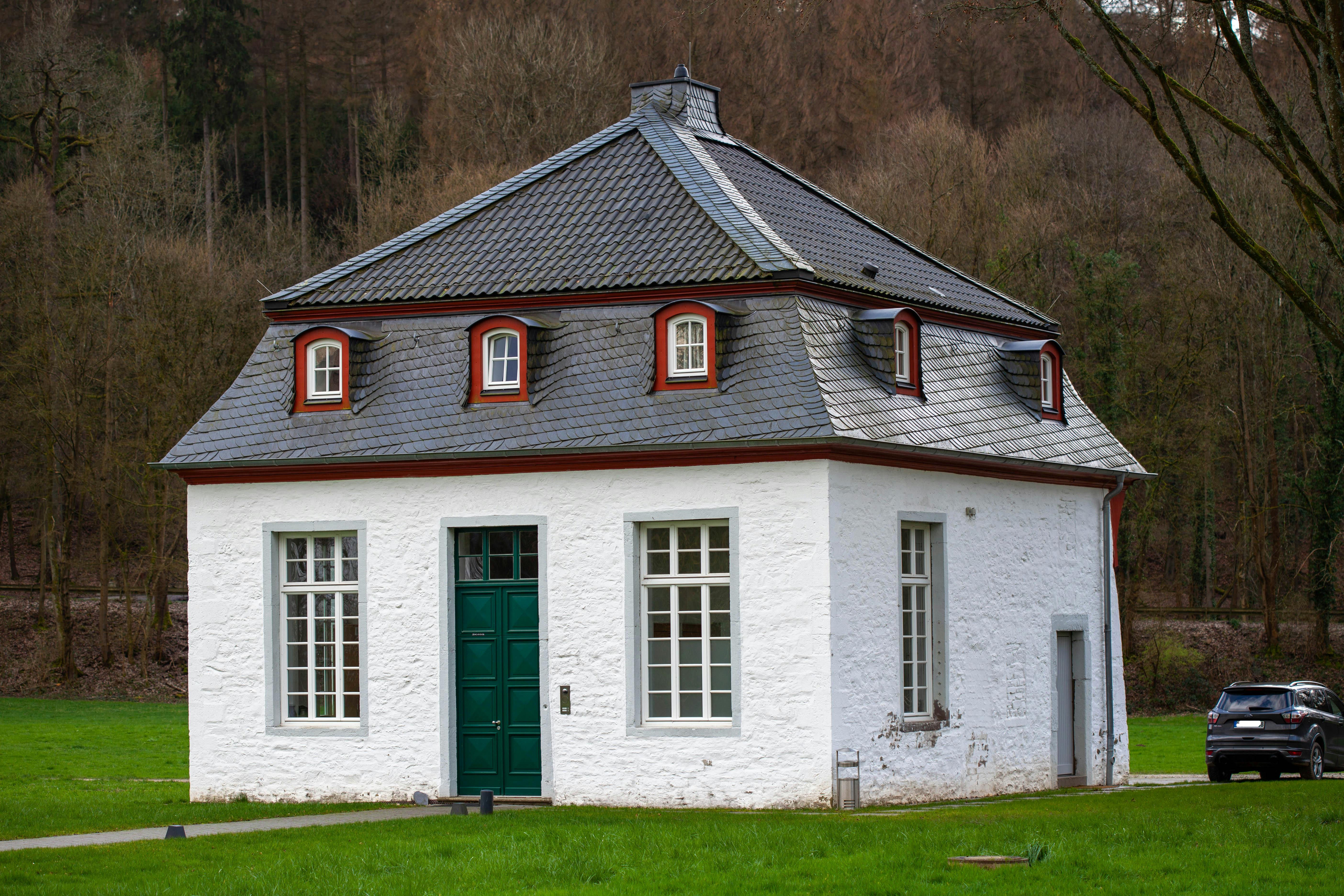Commercial property
Commercial property consists of any property that can be used for revenue-generating business purposes, such as retail stores, office space, food courts, movie theaters, parking structures, conference plazas, warehouses, factories, IT data centers, and other stores. They are different from properties that may be used for residential or agricultural purposes which, while they may generate income, are developed primarily for personal use, not industrial or commercial use.
From an investment point of view, there are several advantages of investing in a commercial property over a residential property in India. They include:
- Commercial properties are usually developed after much research. The developer takes into account things like the cost of acquiring the land, construction, and other costs to get their profit margins. Therefore, the property is generally located in an easily accessible and well-connected location, in the middle of a catchment area with few competing projects.
- It is easier to lease commercial properties for a longer period of time from companies that create stable and secure rental income for life.
- A large office space can be divided into smaller sections if necessary, ensuring the financial viability of the investment.
- Property management on commercial properties can be managed by professionals and paid for by tenants, ensuring reduced stress for the investor compared to a commercial property.
- The return on investment in a commercial property is generally between 9 and 21%, while for most investments in residential properties, the return is between 1 and 3%.
Speaking specifically about the Real Estate Sector in the National Capital Region, residential property rates are stuck at 2013-2014 levels. There is a massive inventory with the developers with some reports suggesting that the inventory could take over 4 years to clear.
Meanwhile, the commercial real estate sector is doing much better with prices up nearly 45% from 2013 levels and a vacancy rate below 5% in many micro-pockets in Gurgaon. The demand for office space by companies, ITeS and retail are the main drivers of this phenomenon.
residential property
Residential property must be property that one purchases for one’s own personal needs. Various types of residential properties include villas, apartments, luxury condominiums, bungalows, or land that is planned for later development. Generally, a person buys a residential property only once or twice in his life. Therefore, one should take the time to research the property and do so with a clear picture of its current and future requirements in mind.
Some residential property requirements are:
- It must be in a residential area. Buying a residential property in a commercial area makes little sense as one would be constantly disturbed by the noises of vehicles coming and going, factory activity and other commercial activities. Also from a security point of view, a commercial area has a large floating population that is difficult to control.
- It must be free of all claims and links. Buying a property without doing your due diligence is asking for trouble. At any time, someone can file a claim or file objections that can take years to resolve and cost a fortune in legal fees.
- It must be a quality build. If you buy a built-up property, it is essential to check the builders’ previous plans and have the property independently inspected by professionals to assess earthquake resistance and take extensive measures to prevent water seepage through cracks and joints.
- Must be close to services. Recent research found that the majority of home buyers are young couples, as their parents already own a home. Independent nuclear families planning to have children in the future and one big thing to plan for in India is the school the children will go to. In fact, people place more importance on having a good school nearby than markets, religious places, and even hospitals.
- Other things to look for are the price of the property, the law and order status in the area, the water and electricity supply to the property, and the distance from work, among others.
So we see that the two different types of properties serve different people with their own needs. Whereas commercial property is purchased for the purpose of investing and perhaps renting or selling later, a residential property is purchased primarily for oneself. In both cases, it is important to identify the needs or reason for purchasing the property, do your due diligence, partner with the right developer who is honest, has the experience and understanding of the local market to get the best possible deal.
